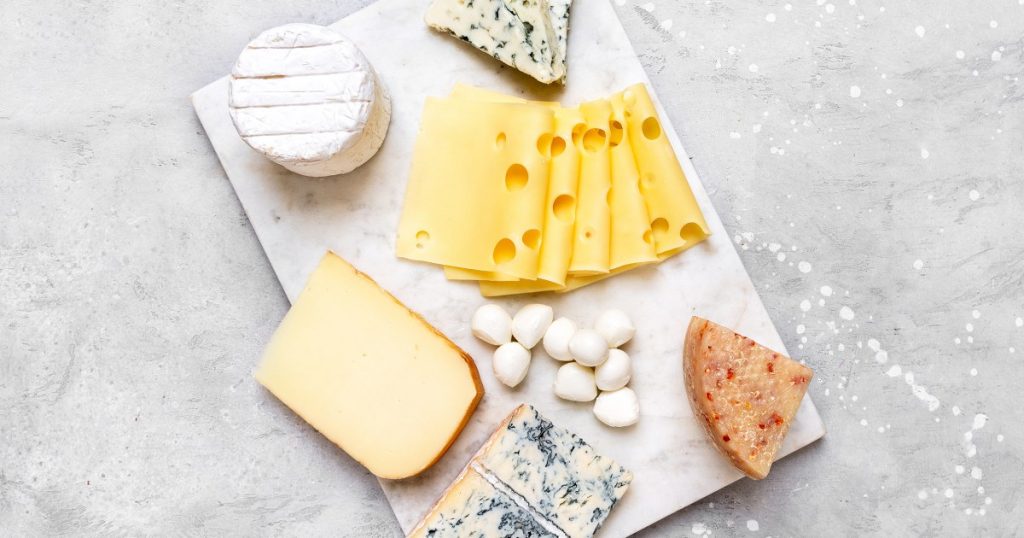Cheese has often been seen as a food to avoid when trying to lose weight due to its calorie-dense and high-fat nature. However, experts suggest that cheese can still be incorporated into a healthy weight-loss plan. While it is important to be mindful of portion sizes, cheese is filling and provides essential nutrients such as protein and calcium. Registered dietitians recommend enjoying cheese in moderation as part of a balanced diet.
In the Mediterranean diet, cheese is used sparingly but is still considered a staple. Cheeses like feta, ricotta, and parmesan are often added in small amounts to enhance the flavor of plant-based dishes, salads, or whole grains. The Mediterranean diet is linked to weight management and overall health, making cheese a viable option for those looking to lose weight. Incorporating cheese into meals in moderation can provide both satisfaction and nutritional benefits.
When it comes to choosing the healthiest cheese for weight loss, dietitians point to cottage cheese as a top pick. Low-fat 2% cottage cheese is high in protein and lower in calories compared to other cheeses. Protein helps with satiety and muscle building, both of which are important for weight loss. Cottage cheese can be included in a variety of dishes and recipes, making it a versatile option for those looking to cut calories without sacrificing flavor.
If cottage cheese isn’t your favorite, there are other cheese options that can support weight loss goals. Swiss cheese, mozzarella cheese sticks, parmesan, ricotta, and goat cheese are among the recommended choices. These cheeses provide a good source of protein and flavor without adding excessive calories. Pairing cheese with plant-based foods that provide fiber can create a more balanced snack and help you feel full. It is important to stick to recommended serving sizes to avoid overeating and stay within weight loss goals.
Swiss cheese, mozzarella cheese sticks, and parmesan are highlighted as excellent choices for weight loss due to their protein content and flavor profile. Ricotta is also recommended for its higher protein content, which can promote satiety and fullness. Goat cheese is noted for its unique satiating effect and moderate appetite suppressor potential compared to cow milk cheese. The tangy flavor and creamy texture of goat cheese can make smaller portions feel more indulgent, potentially helping with feelings of fullness.
Ultimately, cheese can be a part of a healthy weight-loss plan when consumed in moderation and paired with nutritious plant-based foods. While it is important to be mindful of portion sizes and choose lower-calorie options like cottage cheese, other varieties such as Swiss, mozzarella, parmesan, ricotta, and goat cheese can also be included for their protein content and flavor profiles. Incorporating cheese into balanced meals and snacks can provide both satisfaction and important nutrients to support weight loss goals.















